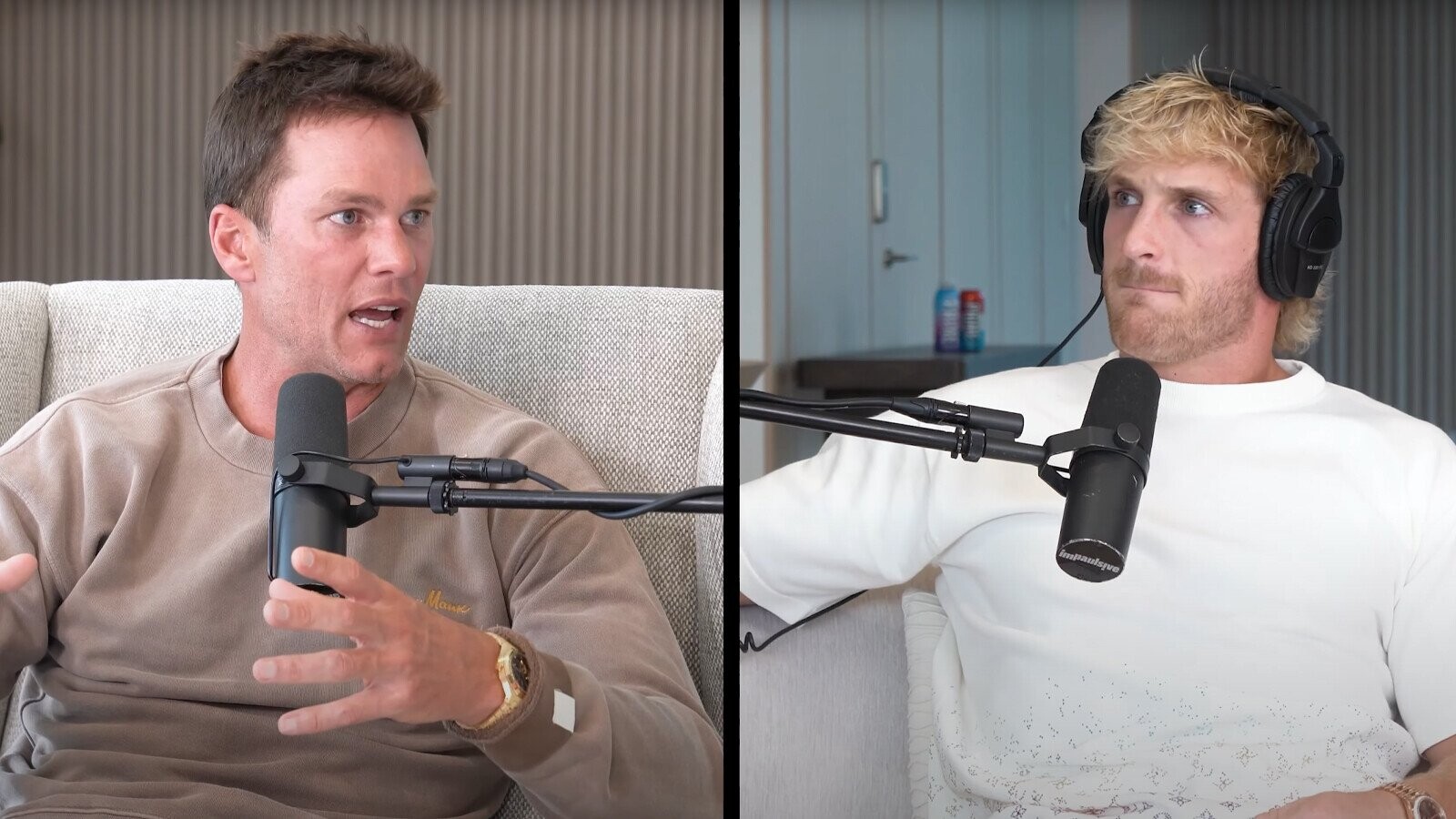The NFL clubs should be able to prepare as well as possible for the new season in an exceptional situation. Therefore the league has issued a few important Corona guidelines, as reported by “ESPN”.
A good two and a half months before the scheduled start of the season, NFL teams are allowed to slowly switch to the mode of more intensive preparation. And must now first of all make completely unusual considerations. Because in the shadow of the corona pandemic, the league is prescribing a clear plan for “emergency reactions to infectious diseases” for all those involved.
This is intended to prevent a widespread outbreak of sars-CoV-2. ESPN” reporter Adam Schefter quotes from the memo sent to all clubs. The central point is the division of the personnel into three groups.
Access to certain areas limited
In this way, access to certain areas on the team premises is to be limited. These include training and playing fields, the corridor on the sidelines, the cabins and training rooms. Only those employees who have to do their jobs in these areas are allowed to stay there.
In order to ensure strict separation, all persons present on the premises are required to carry photo identification. These must show to which of the three prescribed groups they belong. It is therefore up to each club to decide how to divide its staff.
Heated discussions about the division of the staff
According to “ESPN” there have already been heated discussions in the franchises about who should belong to which group. The NFL, the players’ union NFLPA and the authority responsible for infection control in sports, formerly known as the Duke Infection Control Outreach Network, will finally decide whether to approve the club requests.
The exact composition of the groups must be available at the NFL headquarters at least seven days before the professionals are required to register for the new season. The exact date has not yet been fixed. However, according to the current status, 26 teams will start their training camps on 28 July.
Players and coaches in group 1, GM in group 2
Group 1 will include players, coaching staff, doctors and all staff who need to have direct contact with the professionals. Group 2 will include general managers, other football operations staff, certain assistant coaches, the video team, security guards and other club employees who need to have direct contact with players or other members of Group 1.
Only members of these two groups will be allowed to stay in the limited access areas already listed. In addition, the number of people who may enter these sections at any time will be restricted.
Media belong to group 3
Group 3 includes other personnel from the operational area, the club’s own media, employees of the broadcasting stations, field staff, employees of transport companies as well as personnel who are indispensable on the grounds, in the stadium or at events, but who do not have to be in contact with the members of Group 1. Club employees who work in separate areas on the premises do not have to be included in one of the groups.
However, there are other tasks waiting for the clubs in addition to grouping before the majority of staff can return to the team compound. For example, according to “ESPN”, the NFL and NFLPA stipulate that a separate entrance must be created for the members of groups 1 and 2. If this were not possible, fixed periods of time would have to be set for the entrance.
Daily corona tests for numerous employees
Also important: Persons who are allowed to enter the restricted areas must undergo daily corona tests and report if they have had contact with an infected person or show symptoms.
In addition, they must wear masks, except during training sessions, for example, as this would impair their performance. The families and relatives of players and staff should also be informed of the danger posed by the new corona virus by means of appropriate materials.
NFL wants to control compliance with the rules
The NFL and NFLPA expressly reserve the right to verify compliance with the established policies through unannounced inspections. However, nothing is known about the nature of penalties for non-compliance.






Comments
No Comments